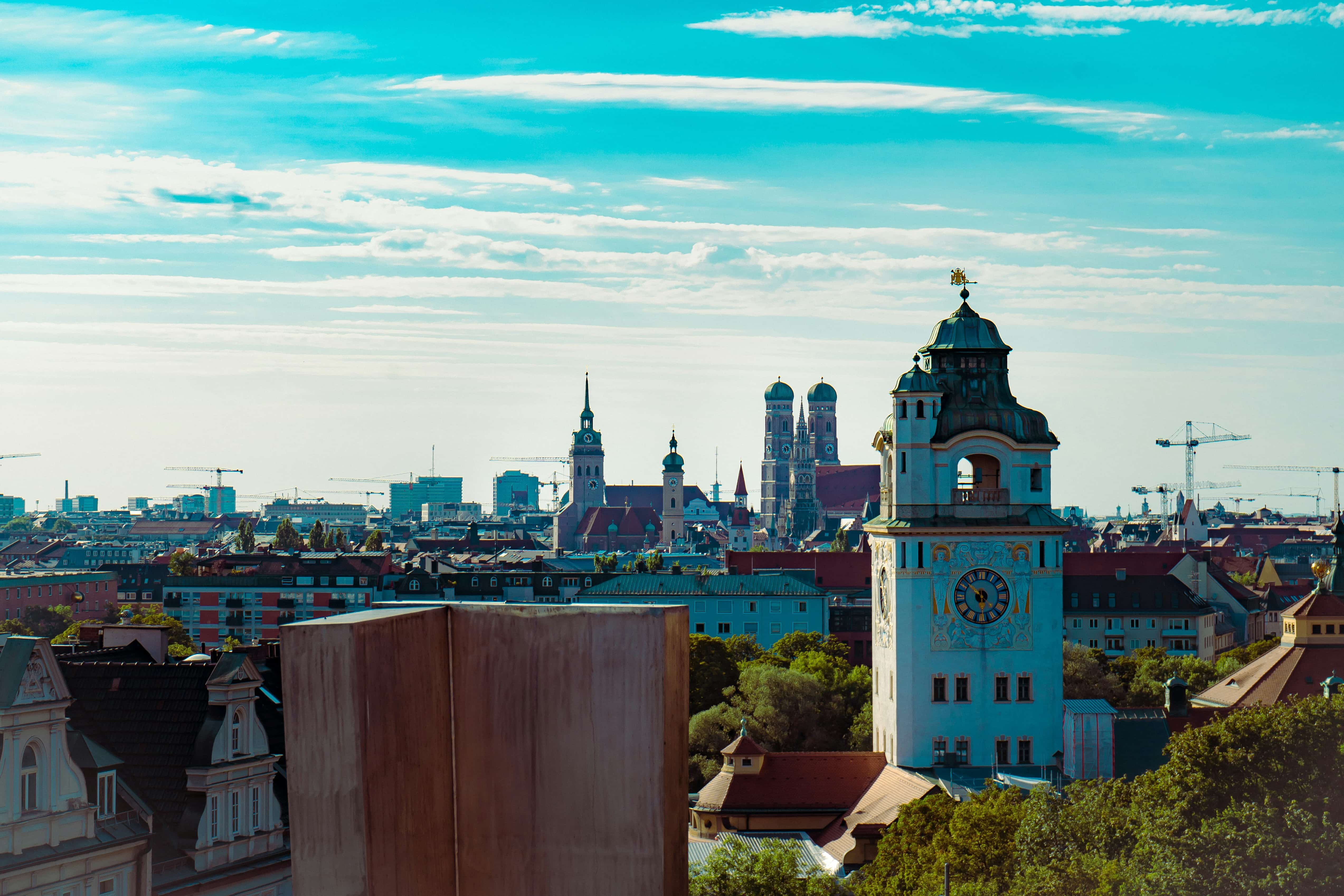
Cost of Living in Munich
2025-04-01
Munich is a city with a high cost of living, particularly for housing, where rent for a one-bedroom apartment in the city center ranges from €1,500 to €2,000 per month. The city provides strong career opportunities in industries such as engineering, IT, and finance, with average monthly salaries around €4,500. Public transportation is efficient, and healthcare services are excellent, though health insurance is mandatory and can cost up to €500 monthly. Despite the expenses, Munich’s high quality of life, reliable public services, and rich cultural offerings make it an appealing destination for expats.
Introduction to Munich
Munich, the capital of Bavaria in southern Germany, is known for its rich culture and economic strength. The city is located near the Bavarian Alps and enjoys a continental climate. Winters are cold, with occasional snowfall, while summers are warm and pleasant, making outdoor activities popular year-round.
Economy and Employment
Munich boasts a robust economy. Major industries include automotive, engineering, technology, finance, and healthcare. Leading employers are global firms like BMW, Siemens, Allianz, and Munich Re. However, challenges remain. The cost of living is high, and housing is scarce. Still, Munich remains a leading city for job opportunities in engineering, IT, and research sectors.
Immigration Requirements
Germany has strict immigration policies. Non-EU nationals require a work permit or a Blue Card to work in Munich. Obtaining a residence permit usually depends on securing a job beforehand. Despite the bureaucracy, the process is clear for skilled professionals, especially those in high-demand sectors like IT and engineering.
Job Market and Opportunities
Munich has a thriving job market. High-demand skills include software development, engineering, and research. Salaries are competitive. According to 2023 data, average monthly salaries hover around €4,500. The work culture in Munich values efficiency and punctuality. Career advancement is merit-based, and networking is essential for long-term career growth.
Cost of Living
Munich is one of the most expensive cities in Germany. Key cost factors include:
- Housing: A one-bedroom apartment in the city center can cost €1,500 to €2,000 per month. Outside the center, this drops to €1,100.
- Transport: Public transport is efficient, but monthly passes range from €60 to €100.
- Groceries: Monthly groceries for a single person average €300 to €400.
- Healthcare: Health insurance is mandatory, and costs vary based on income but typically range from €300 to €500 monthly.
Price Comparison
Munich stands out for its high housing costs, making rent the most significant expense for most expatriates. Restaurants, alcohol, and dining out are relatively expensive compared to other European cities. However, internet and mobile services are reasonably priced, with monthly plans around €30 to €50.
Quality of Life
Living in Munich offers a high quality of life. The city is clean, safe, and well-organized. Its proximity to nature, parks, and cultural landmarks like the English Garden and Nymphenburg Palace make it a great place to live. The city's healthcare and educational systems are among the best in Europe.
Pros and Cons
Pros include strong job prospects, high salaries, and a well-functioning public infrastructure.
Cons are the high cost of living, particularly rent, and long winters.
Culture and Community
Bavarian culture is rich in traditions, from Oktoberfest to classical music. The primary language is German, but many locals speak English, especially in business environments. While locals can seem reserved at first, they are generally welcoming to foreigners. Social etiquette emphasizes formality and punctuality.
Healthcare
Germany offers one of the best healthcare systems in the world. Munich's healthcare infrastructure includes state-of-the-art hospitals and well-trained doctors. Expats will need health insurance, which typically covers most medical services.
Safety and Security
Munich is one of the safest cities in Germany, with low crime rates and political stability. Emergency services are reliable, and the rule of law is firmly established. Natural disasters are rare, though flooding can occasionally occur in some areas.
Popular Residential Areas
Expatriates often settle in neighborhoods like Schwabing, Maxvorstadt, and Bogenhausen. These areas offer a mix of residential charm, parks, and proximity to business districts.
Education
Munich is home to several international schools, including the Munich International School and Bavarian International School. The education system is strong, with curricula like the International Baccalaureate (IB) offered in English. Admission processes can be competitive, so early planning is essential.
Social Scene and Recreation
The city offers a vibrant social life. You’ll find everything from beer gardens and music festivals to outdoor sports like skiing and hiking. Munich also boasts numerous museums, theaters, and sports clubs.
Transportation
Munich's public transportation network is excellent, including buses, trams, and the S-Bahn and U-Bahn trains. Traffic congestion can be an issue during peak hours, but the city is well-connected by road and air, with Munich Airport serving as a hub for both domestic and international travel.
Unique Aspect
One unique aspect of Munich is its blend of urban life with easy access to nature. In less than an hour, you can be hiking in the Alps or enjoying a day by one of Bavaria’s many lakes.
Overall Cost of Living
Munich is expensive, particularly due to high housing costs, but the city's high salaries and quality of life can balance the financial burden.
Use Xpatulator’s Cost of Living Calculators and Tools for informed decision-making about the cost of living in Munich, Germany, and the salary/allowance/assignment package required to maintain your current standard of living.